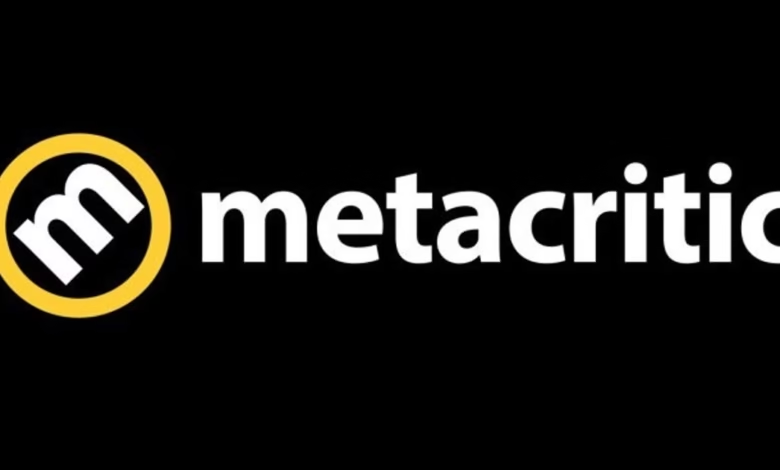Metacritic Co-Founder Reveals How the Site Really Works

▼ Summary
– Metacritic was founded in 2001 by lawyers Marc Doyle, Julie Doyle Roberts, and Jason Dietz, with the goal of pooling critic reviews to help users gauge quality and save time.
– The site was acquired by CNET in 2005 and later by Fandom in 2022, but its small editorial team of five people has remained largely unchanged.
– Some game companies tie developer bonuses to Metacritic scores, but Doyle emphasizes the site is not involved in these decisions and focuses solely on user experience.
– Metacritic uses a weighted scoring system, giving slightly more influence to veteran critics, but keeps the exact calculations confidential as their “secret sauce.”
– The site maintains a strict policy of using only a publication’s original review score to avoid manipulation, though Doyle is open to adding re-review links without altering the original Metascore.
Metacritic’s co-founder Marc Doyle sheds light on how the influential review aggregation platform operates, from its lawyer-led origins to its strict scoring policies. What began as a passion project between three law school graduates has grown into one of the most trusted sources for critical consensus in gaming and entertainment. Doyle, who initially pursued law before shifting gears, reveals the site’s core mission: helping audiences make informed decisions by compiling reviews from top critics worldwide.
The platform’s Metascore system remains its defining feature, converting diverse review formats into a standardized 100-point scale. While some conversions, like turning an “F” into a zero, spark debate, Doyle insists the goal is consistency. Behind the scenes, weighted scoring gives slightly more influence to veteran critics, though the adjustments are subtle enough to avoid drastic shifts in a game’s final rating.
One of Metacritic’s most contentious policies is its “one and done” rule, only a publication’s initial review counts, regardless of post-launch updates. Doyle defends this stance, citing past attempts by PR teams to manipulate scores. “We protect critics by locking in their first published verdict,” he explains. While some argue this leaves games like No Man’s Sky unfairly judged, Doyle believes preserving a title’s original reception is crucial for historical accuracy.
Curating which critics make the cut is another meticulous process. Doyle personally vets new outlets through a 37-question application, probing everything from editorial standards to scoring philosophy. “If a site never rates anything below 30/100, that’s a red flag,” he says. Transparency matters, but certain details, like which publications carry extra weight, remain part of the site’s “secret sauce.”
As the media landscape evolves, Doyle remains cautious about integrating non-traditional reviewers. Video-based critics like Easy Allies are welcome, provided they supply written transcripts. AI, meanwhile, doesn’t worry him, yet. “Human judgment is irreplaceable,” he argues. “You need real critics to fuel the system.”
For Doyle, Metacritic’s role is clear: delivering a reliable snapshot of critical opinion, free from external pressures. Whether developers tie bonuses to scores or fans demand re-reviews, the site’s commitment to its methodology stays firm. “We’re here for the users,” he says. “As long as we’re credible, I sleep just fine.”
(Source: GAMESINDUSTRY)